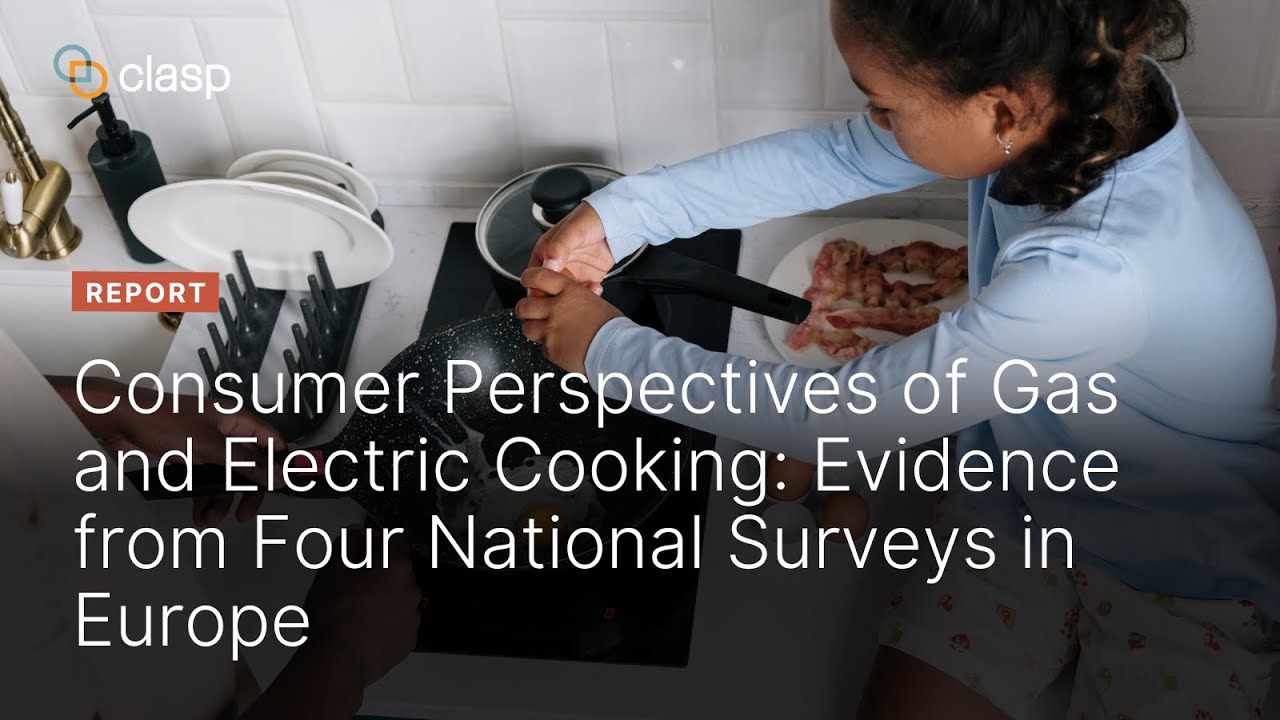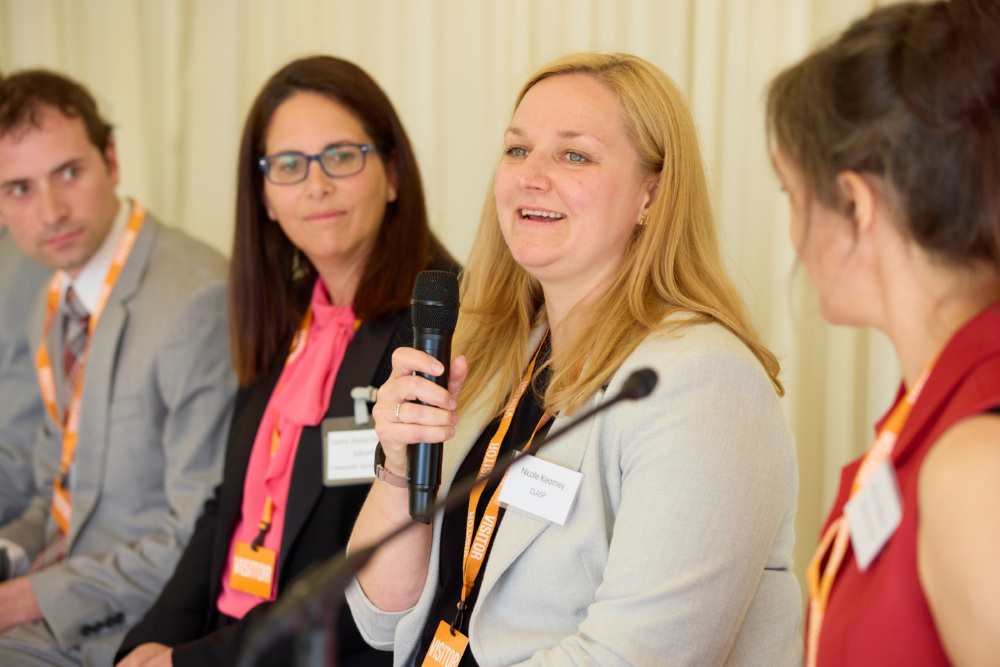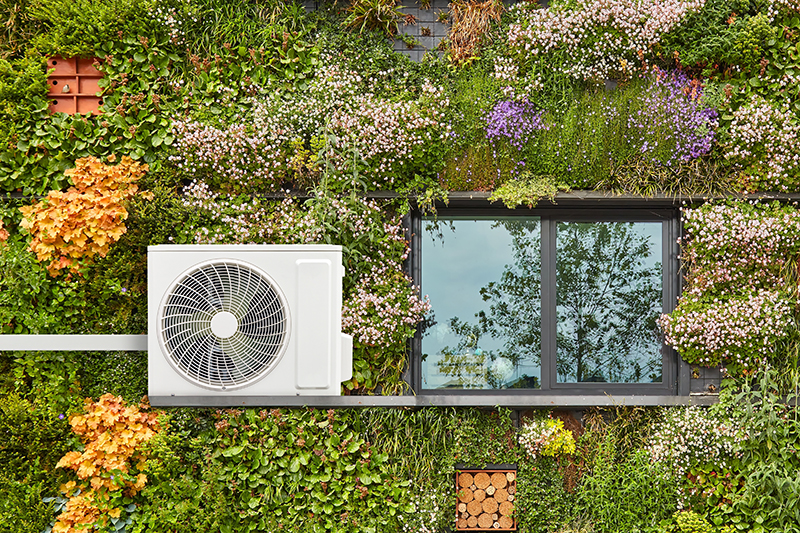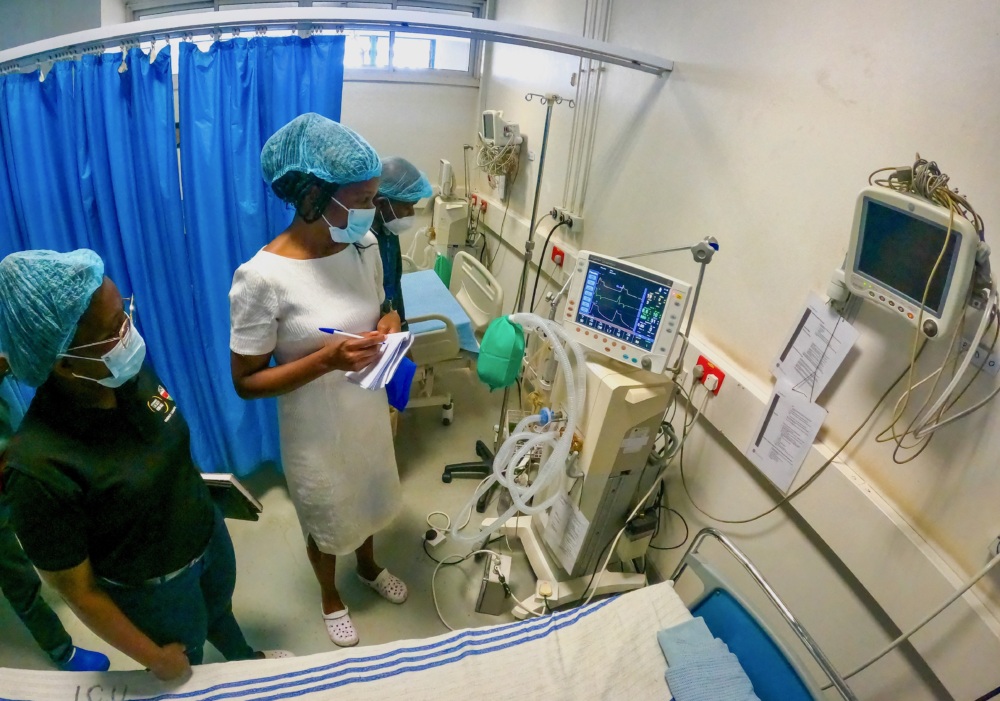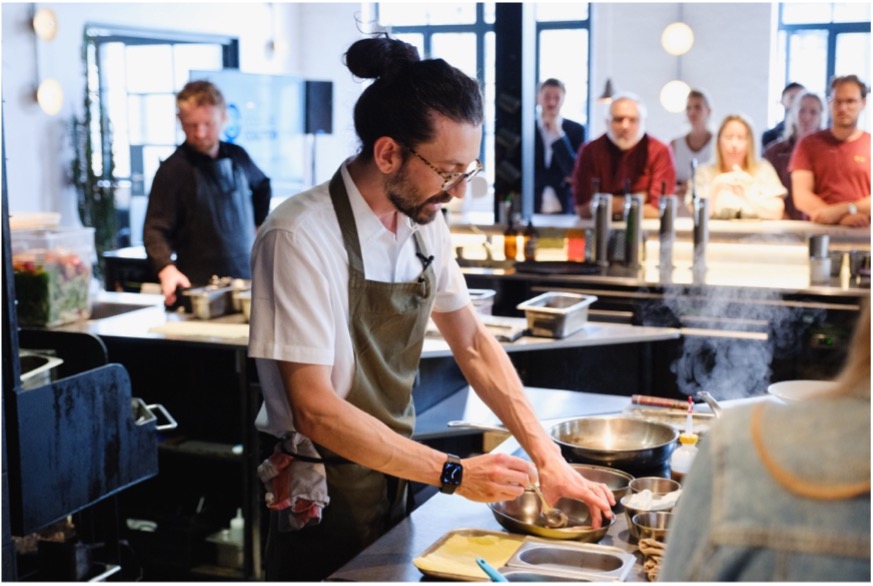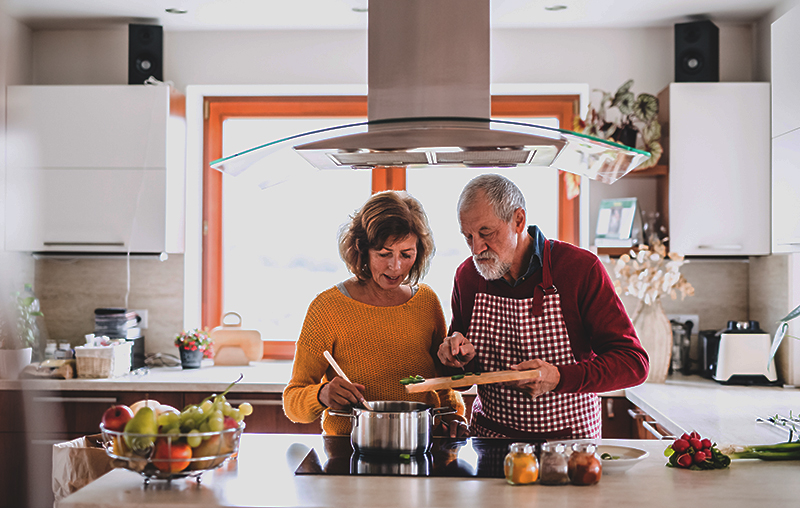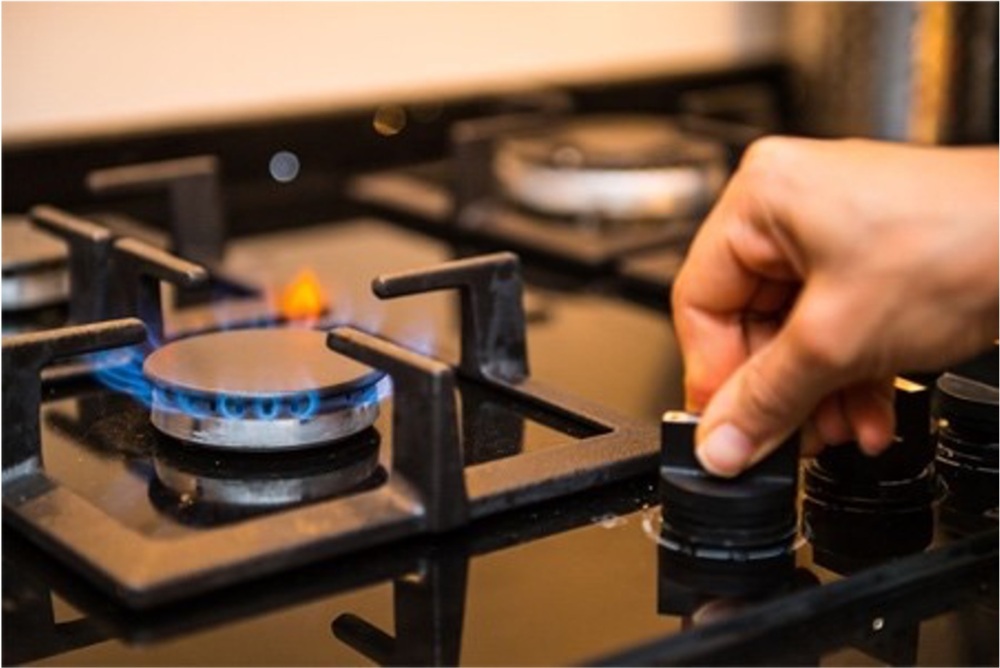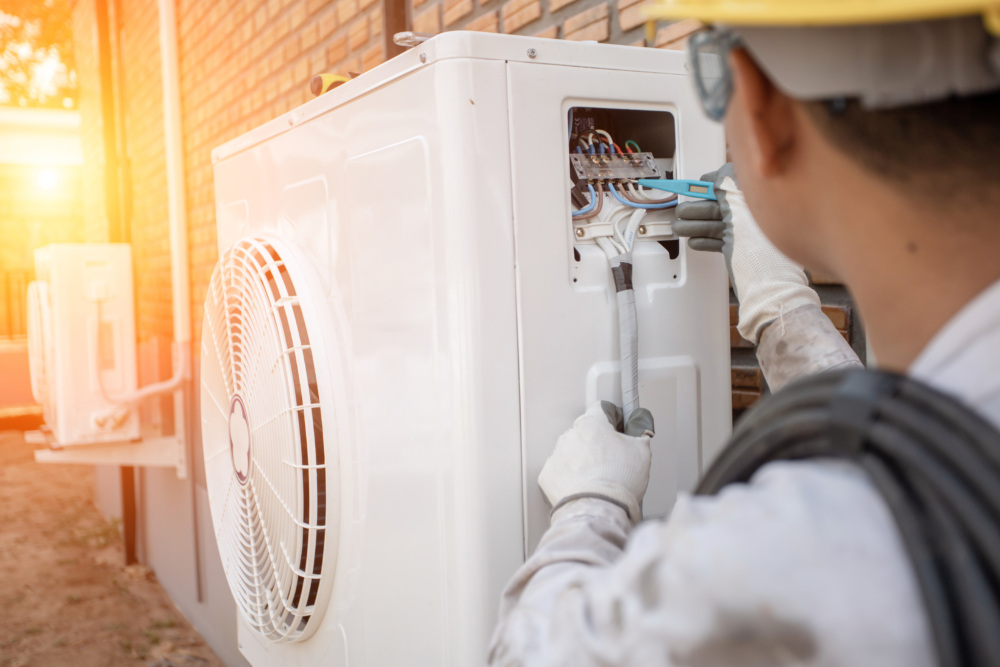Consumer Surveys Reveal Insights on European Perspectives of Gas and Electric Cooking
The newly released CLASP report explores European consumers’ perspectives on gas and electric appliances and their readiness to transition to electric cooking.
Key findings from the report include:
- A willingness to switch to electric for health reasons: The majority of respondents (ranging from 58% to 74% in different countries) would consider abandoning their gas cookers if they were aware of health issues associated with them. This highlights a significant opportunity to reduce indoor air pollution and protect public health through further awareness-raising activities.
- Safety perceptions: Consumers generally perceive electric cooking as safer than gas despite lacking full awareness of the health risks associated with gas appliances.
- Barriers to switching: Consumers view cost as a significant obstacle to transitioning from gas to electric cooking. Renters face additional challenges, with many reporting an inability to change to electric appliances.
- Public support for government intervention: An overwhelming majority of respondents (ranging from 77% to 88% in different countries) strongly supports government initiatives aimed at promoting electric cooking.
- Energy efficiency concerns: Consumers care about the energy efficiency of their cooking appliances but lack the tools to effectively compare gas and electric options. They strongly support the idea of an energy-efficiency label for hobs and ovens.
Further research and action are needed to overcome the barriers to electrifying cooking in Europe. Facilitating the transition to electric cooking, raising awareness of health risks, and implementing energy-efficiency labels can pave the way for healthier and more sustainable households.
Additional resources on gas and electric cooking in Europe
For media inquiries and more information, please contact
Païline Caroni
Senior Communications Associate (Europe) – CLASP
pcaroni@clasp.ngo
About CLASP:
CLASP is an international nonprofit leading the research and promotion of appliance efficiency and energy access to improve the lives of people and the planet. CLASP works with governments, industry, communities, and others to propel policies and markets toward the highest-quality, lowest resource-intensive products possible.

